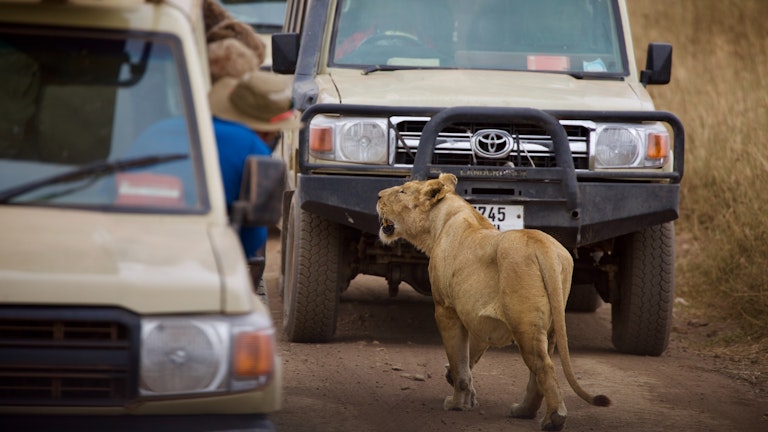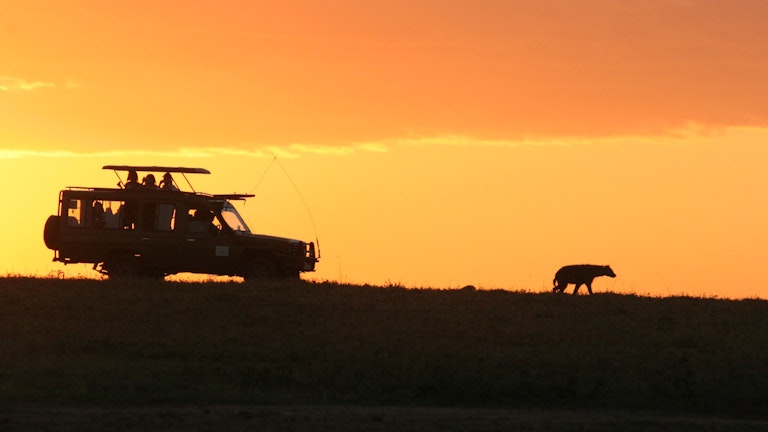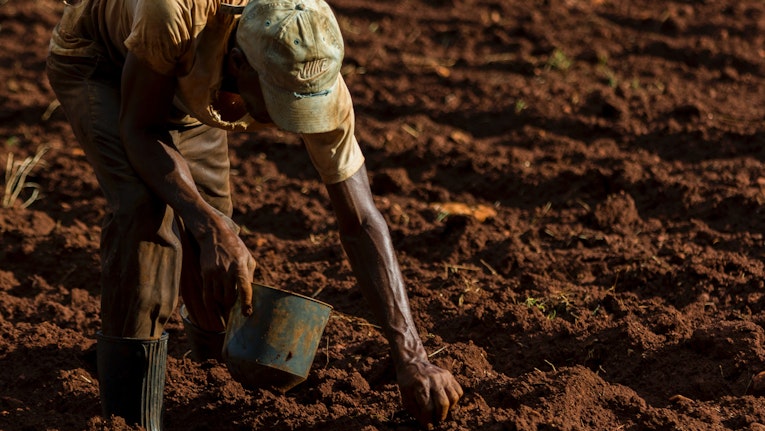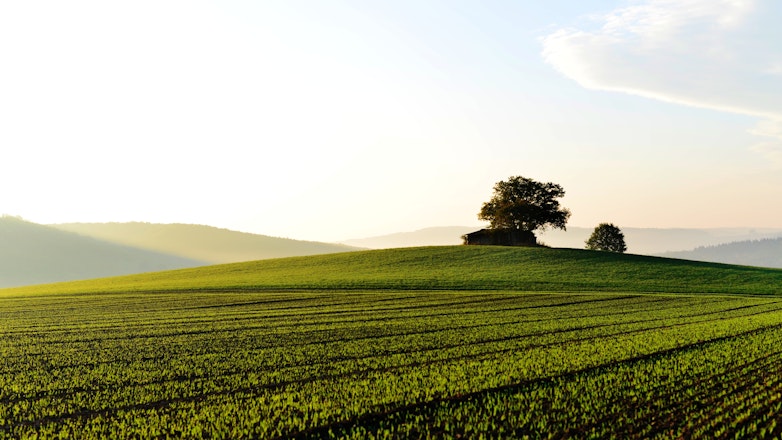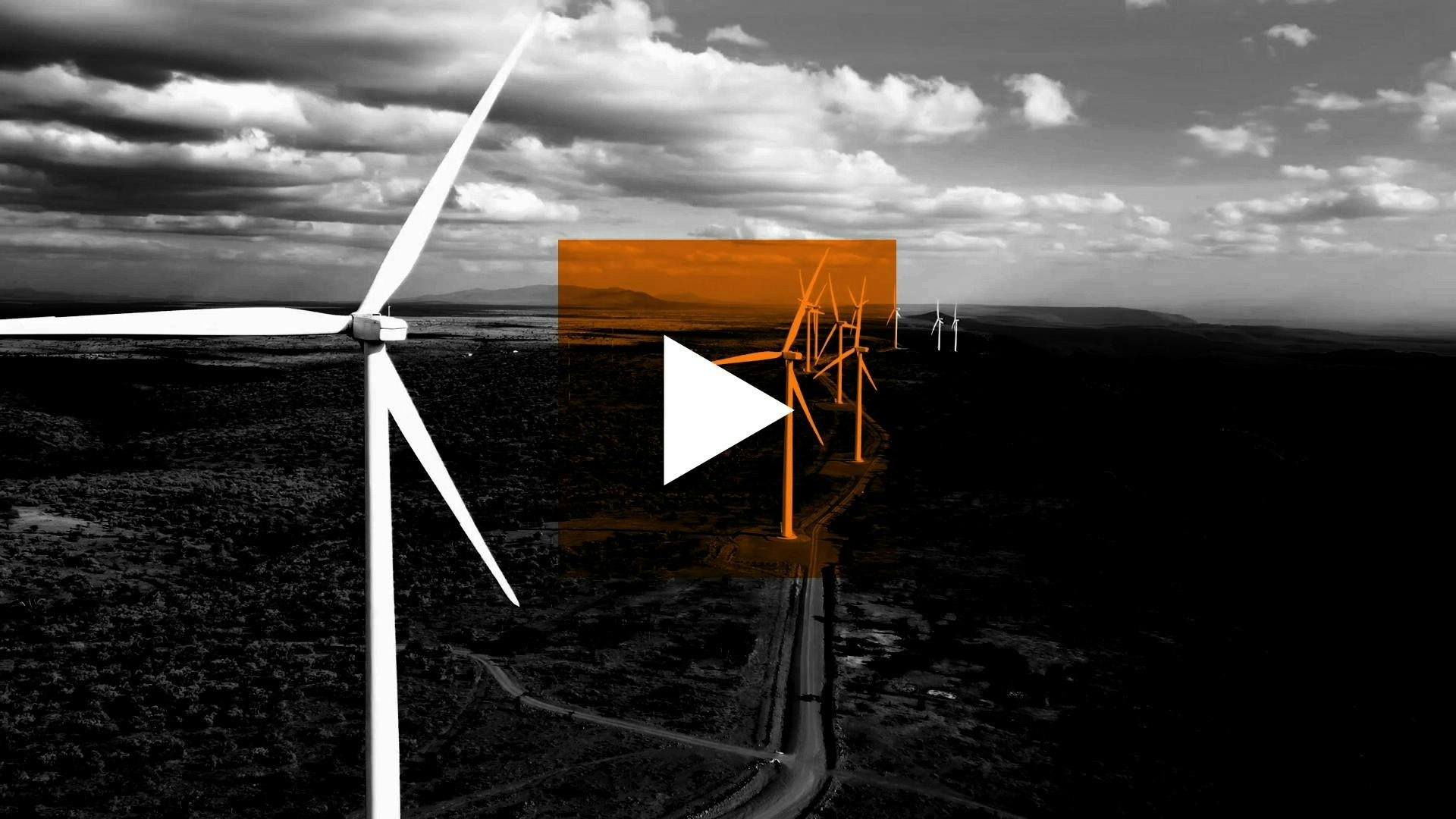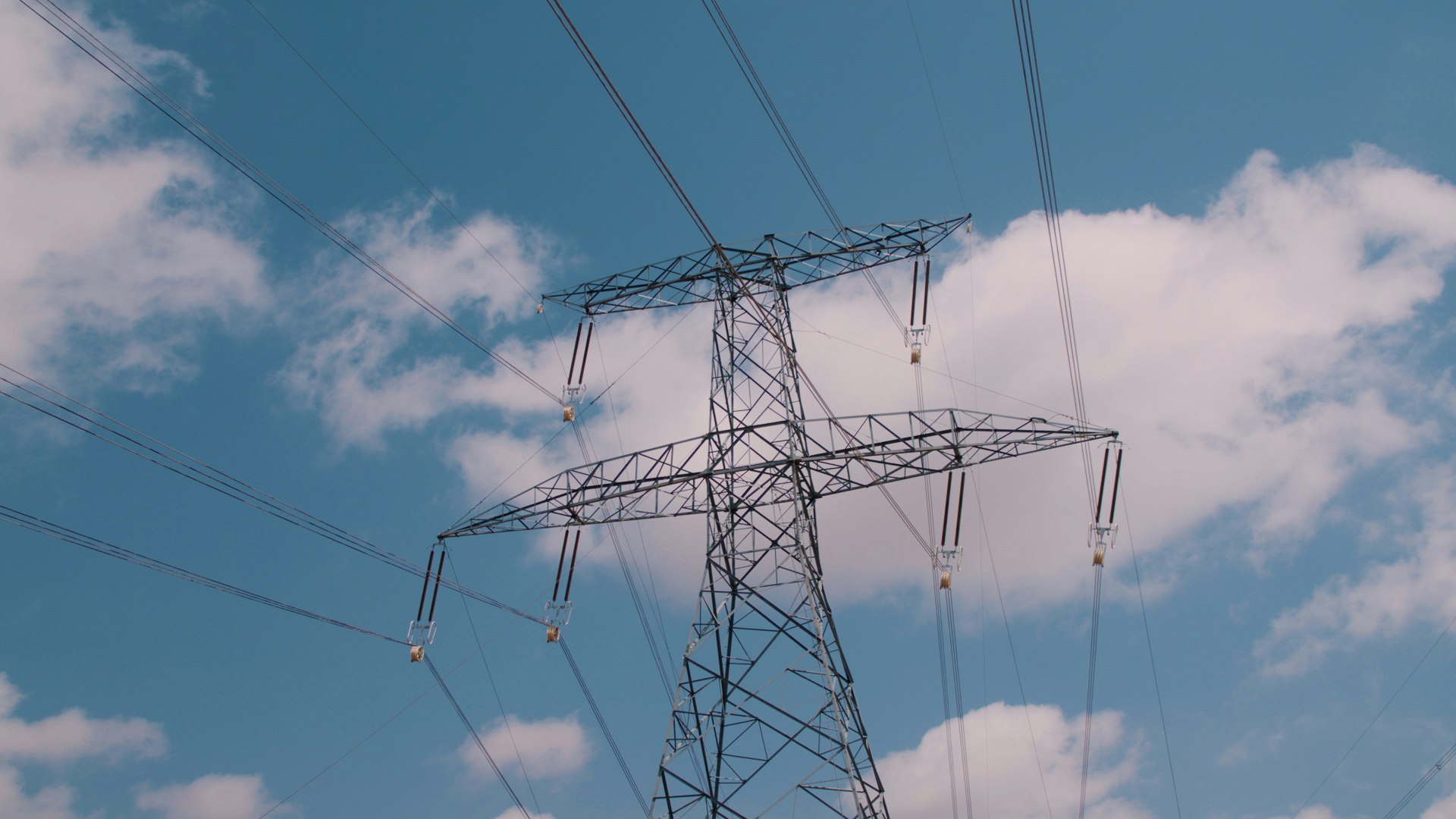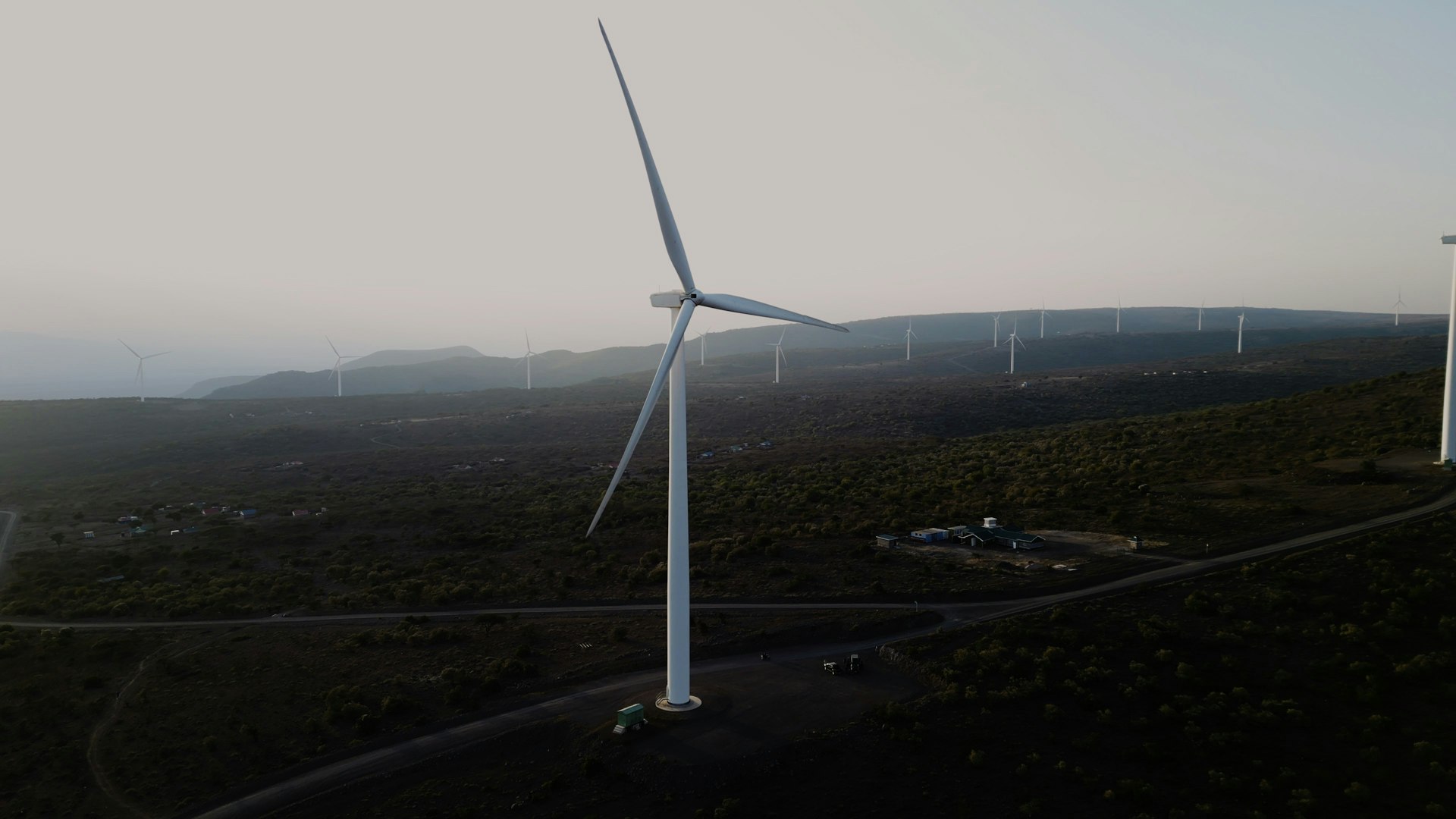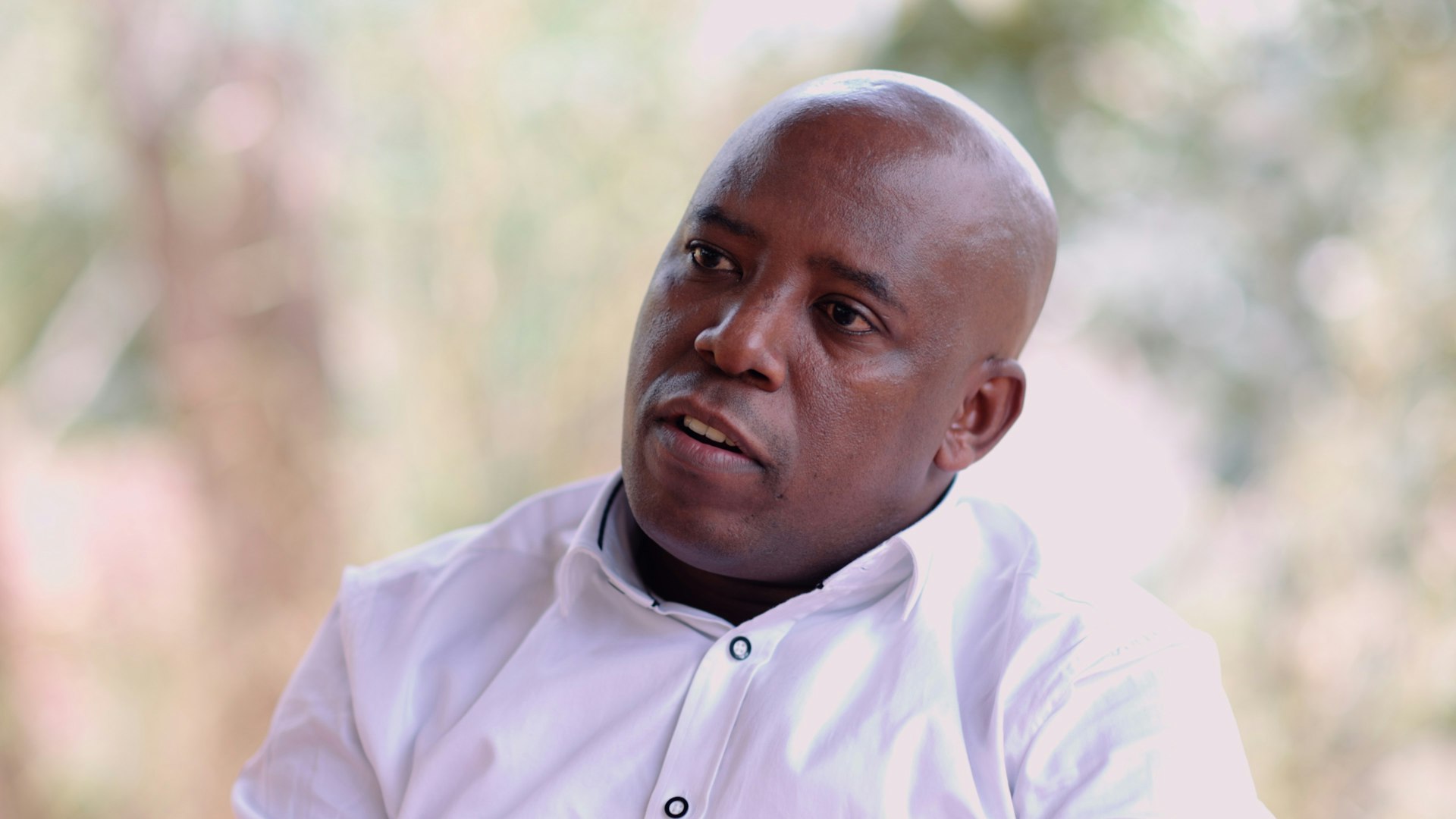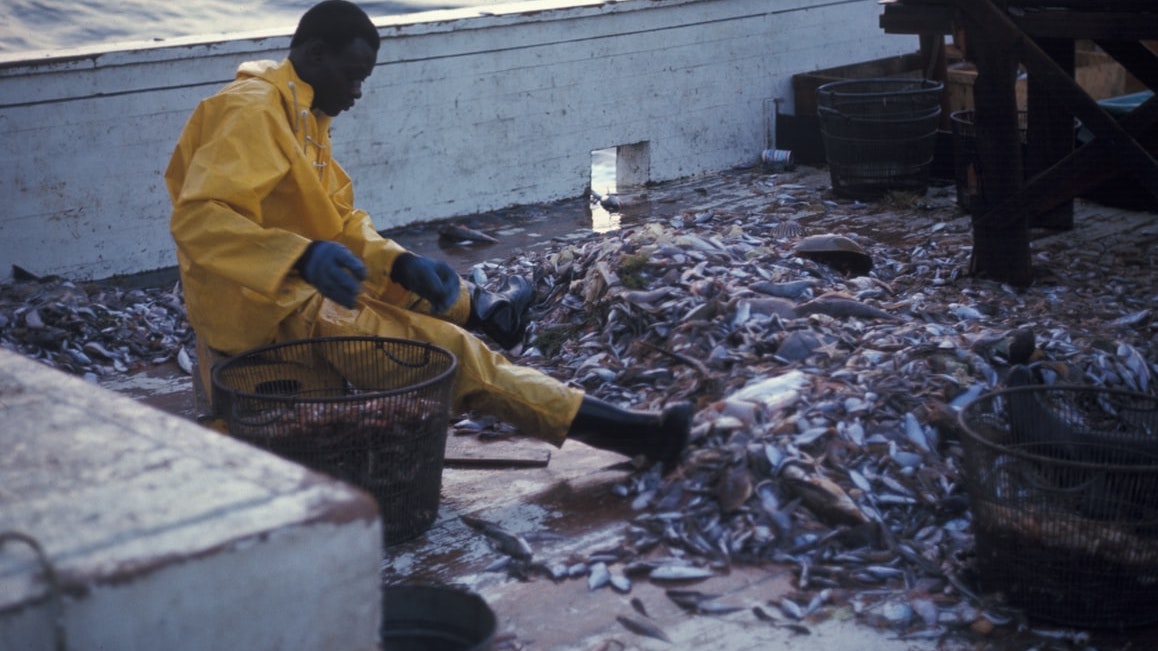
West African fishing has become a nautical battleground, with illegal fishing fleets looting millions of tonnes of fish every year, including endangered species and smaller fish relied upon by locals for trade and diet.
‘One out of every five fish is caught illegally in the western Indian Ocean region.’
Fishing regulation for the region is struggling to keep pace with the sheer number of huge trawlers, backed by a network of foreign controlled businesses motivated by greed, with no regard for the environmental fallout.
$2.3 billion - the annual cost of Illegal, Unreported and Unregulated (IUU) fishing costs in Mauritania, Senegal, The Gambia, Guinea Bissau, and Sierra Leone alone.
From the Galapagos to The Gambia, developing nations are reeling from the impact of illegal foreign backed trawlers overfishing without care for the community, environment or international law.
According to a survey carried out by the Environmental Justice Foundation in Ghana, 80-90% of fishermen and processors surveyed reported declines in income over the past five years. At the same time, 70% of fishers had also suffered damage to their fishing gear by industrial trawlers.
An unsustainable disaster?
The lack of environmental respect goes beyond just catching fish. In Gambia, a fish-processing plant was found to have been dumping waste into a marine wildlife reserve. The water contained double the amount of arsenic and 40 times the number of phosphates and nitrates deemed safe. However, the company was only fined 25,000 USD.
Punishing small catch. Missing the big fish.
A 2021 paper published in Marine Policy found that clampdowns on illegal and unregulated fishing had mainly focused on small-scale fisheries (SSF) while failing to tackle the industrial fisheries sector.
How to save the fish, and the future
To make meaningful and definitive progress, African leaders are joining forces to keep international fishing fleets at bay, requesting greater transparency about fleet location, catch data and ownership status.
There are also strong calls to overhaul the existing bilateral or regional agreements that have disproportionately harmed low-income coastal nations.
African resourcefulness is also playing a part. Elon Musk recently helped launch three new South African produced nano satellites into space, designed to detect, monitor and identify foreign fleets, including marine vessels.
New laws. New enforcement.
According to environmentalists and lawmakers, regulations concerning fishing in international waters need to be updated to reflect the current state of the industry. And governing bodies must improve governance, information sharing across borders and oceans, and drastically overhaul monitoring and sanctions.
‘The people who suffer first and worst are almost always the coastal communities who rely on those fisheries for their survival, wellbeing and food.’ Steve Trent, Executive Director, Environmental Justice Foundation.
